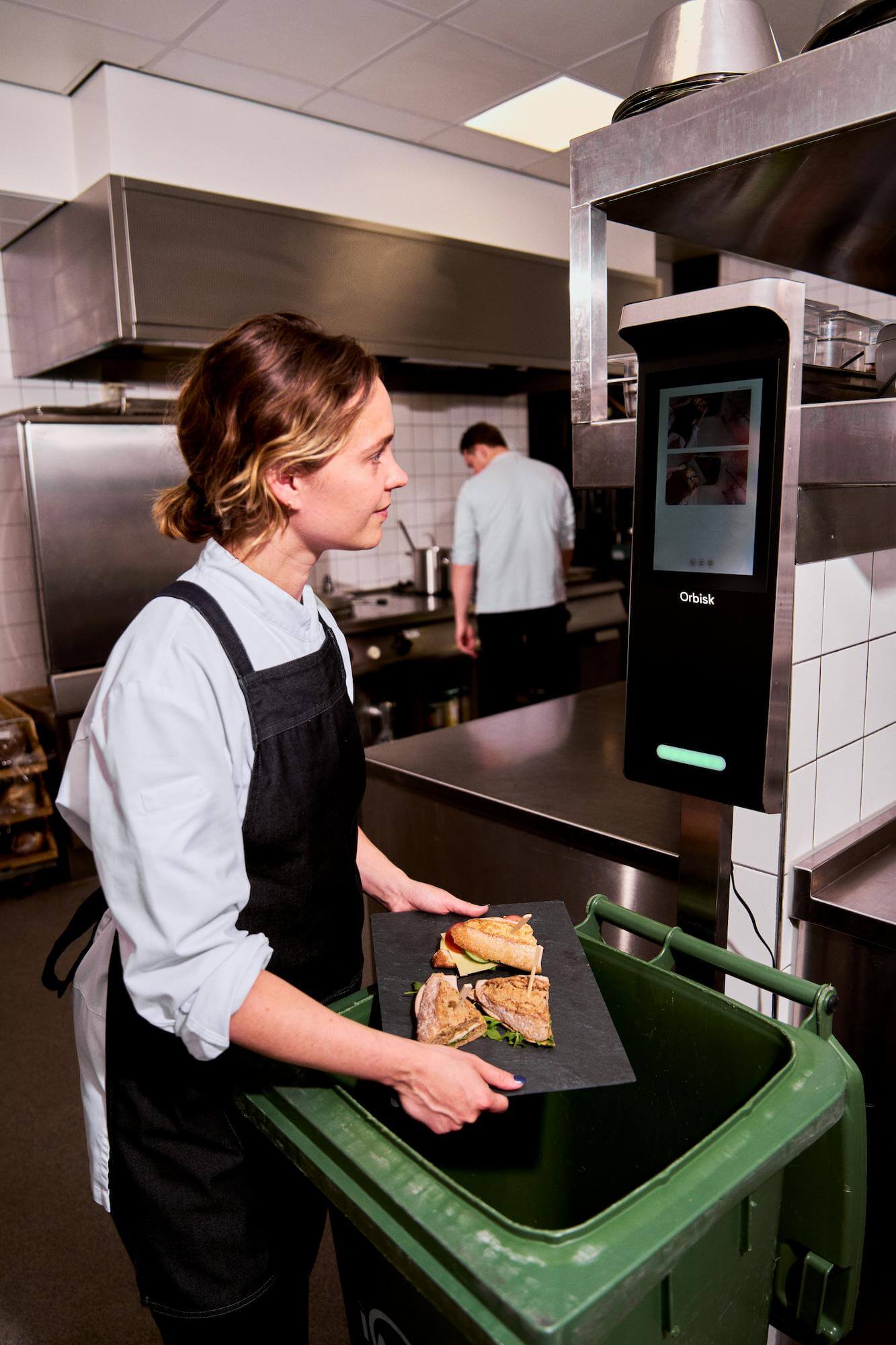Do you want to prevent food waste? Well, it all starts with smart purchasing. Not only is it better for the planet, but also for your wallet. By optimizing your ordering process, you can save up to 10 percent on costs caused by spoilage. Sounds good, right?
We thought so too. So, straighten your chef’s hat and dive with us into the world of smart ordering and more efficient purchasing. Expect practical tips you can immediately put to use. So that, even in your professional kitchen, fewer products end up in the trash.
Analyze your ordering process
A streamlined ordering process is key to preventing food waste. One where there are never too many ingredients left over, which then end up in the trash. Sounds like a dream? Not at all. All you need is insight. Gain this insight by asking yourself the following questions:
- How much extra margin is taken on the order list, and is it necessary?
Often, you order too much of a product, fearing a shortage. Therefore, track which products most often end up in the trash, and then reduce the quantities. We call that smart purchasing.
- Who places the orders, and are they the right person?
Is it the head chef, the sous chef, or the intern? Ensure that the responsibility lies with the person who has the most insight into the situation, the current stock, and your guests’ behavior. It’s then their noble task to store these ‘new’ products properly; separate from the ‘old’ ones.
- How often does the supplier visit, and can this be improved?
Suppliers tend to show up too rarely rather than too often. Yep, for real. Such infrequent ordering inevitably leads you to buy too many products at once. And – you can probably guess – those products don’t last forever. Before you know it, another batch of tomatoes (with rotten spots) ends up in the bin. A waste of both the product and your money.
Go back in time
Estimating the number of guests plays a crucial role in further optimizing the ordering process. With it, you can analyze product sales. So, you never order too much (or too little). Nice!
But… You obviously don’t have a crystal ball. Estimating those numbers is – even with the help of the reservation team – quite challenging. Therefore, look at the past, instead of the future. Analyze, for example, when certain products and dishes have been most popular.
Remove the guesswork from your ordering process with the Orbi
Analyzing is often easier said than done, which often remains guesswork. But don’t worry, help is on the way. The Orbi – our fully automated food waste monitor – comes to the rescue. The Orbi registers in less than half a second what you throw away, how much you throw away, and where it comes from. This helps balance quantities, optimize stock, and plan and order more efficiently. This not only impacts food waste but also saves you a substantial amount in costs.
Calculate your potential savings here.
Be flexible and creative
You can optimize your ordering process down to the smallest detail. You can purchase incredibly smart. Yet, not everything is predictable. Covers unexpectedly drop, dishes are less popular than expected, or the supplier makes a calculation error, leaving you staring at an excessively large stock of avocados.
Then, you have two options. You can shrug your shoulders and let those avocados wither away, eventually ending up in the trash. Or concoct a delicious side dish – did someone say guacamole? – and offer it as a special, making the product fly off the shelves.
The moral of the story is clear. Consider with every product you order, what else you can do with it. And then ensure that a dish or product can go back into the cooler, if it doesn’t sell, to prevent unnecessary food waste.
Share your ordering secrets
At Orbisk, we love learning from practice. We’re eager to hear your story. Do you have smart tips for optimizing the ordering process, an unconventional way to reduce food waste, or a foolproof strategy to make ingredients shine? Share your experience via support@orbisk.com.
Want to know if you can benefit from an Orbi in your kitchen? The answer is, unsurprisingly, yes. Click the button below to contact our team today for a free consultation and demo tour.







